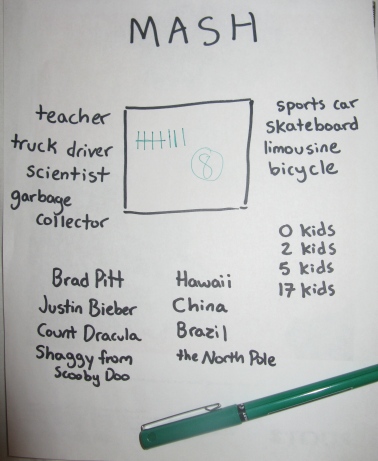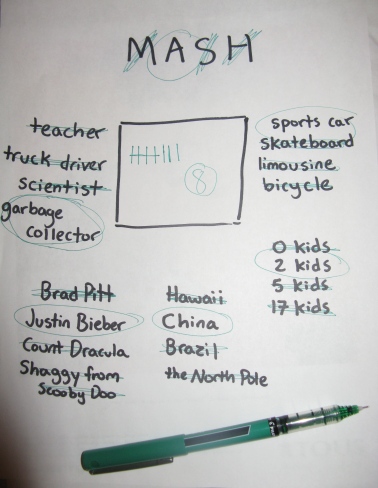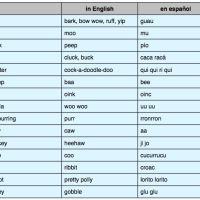Elevator pitch
March 21, 2013 Leave a comment
What will you do with five million dollars? Try this conversation activity for English language learners to practice the future tense with the words “will” and “going to,” and to make a persuasive argument.
1. Warm up. Everyone introduces themselves and answers the question “Here’s five dollars- what will you buy?” The participants say what they would do with the money (or a small equivalent amount in your country’s currency). “My name is Justin and I want to buy a sandwich.” “My name is Lisette and I want to buy a magazine.”
2. Vocabulary generator. Tell the group: “We have a problem! Your English teacher is broke! What can I do to make the most amount of money in a short amount of time?” In pairs, have the students come up with four or five ideas on your own, and then make a big list as a large group. Discuss the ideas. Which plans were the most popular? Which plans would make the most money? Are any of the plans illegal? Are any of the plans impossible? As you discuss, make sure to review the terms make money, profit how to talk about the future using “will” and “going to,” and, if necessary, how to give advice using the word “should.”
3. Mystery investor. Tell the class “I have good news. Your English teacher is still broke, but the school has a mystery investor who wants to give five million dollars to start a business.” Explain the concept of an elevator pitch: a brief explanation of your potential product or service that is persuasive and can be given in the time it takes for an elevator to get from the first floor to the tenth floor. In different small groups, have the students make a plan, answering the following questions:
What is your product or service?
Where will your business be located?
How many employees will you need?
What technology will you need?
What kind of office, building, or factory will you need?
How will your product make money?
How much profit will you make?
Why should the investor pick you?
After about fifteen minutes, bring the groups together to make their pitches to the class.
4. And the money goes to… Listen to all the pitches. Encourage everyone to ask questions about each group’s plan. Then, as a class, decide which plan everyone liked the best. At the end, don’t forget to give your opinion as a teacher about which group the mystery investor will probably fund.
5. Global feedback. With the class, imagine that all the projects are funded. What will each business look like in five years?
Conversation objectives: talk about the future, make a persuasive argument, build vocabulary through conversation
Ideal group size: At least six players.
Ideal group level: In its simplest form, can be used with beginners who with need to practice future will and going to; can be modified for intermediate and advanced groups.
This post is part of our March Conversation Marathon. We publish a new conversation activity every Tuesday and Thursday during the month of March. To see the complete list of Marathon activities, click here.
For more general conversation topics, click here. For more conversation games, click here.

















¿Qué opinas?